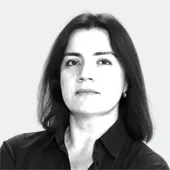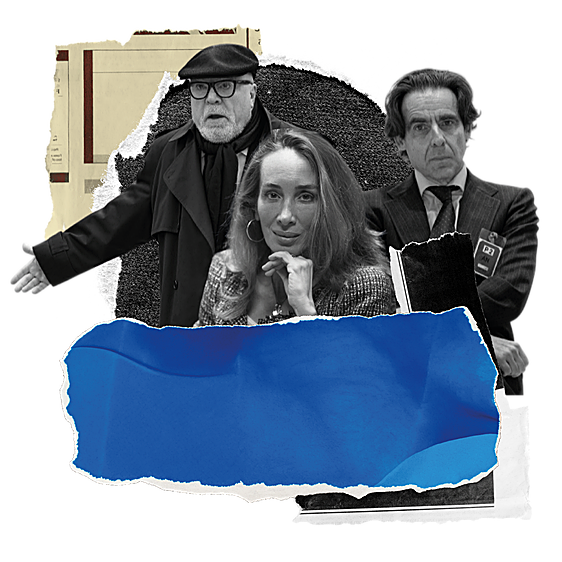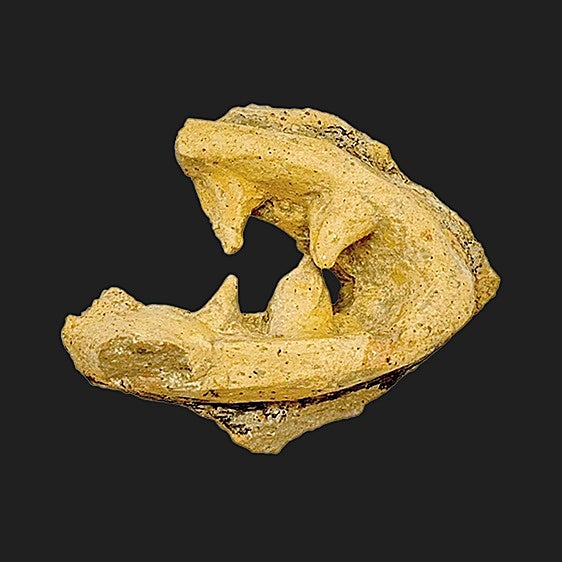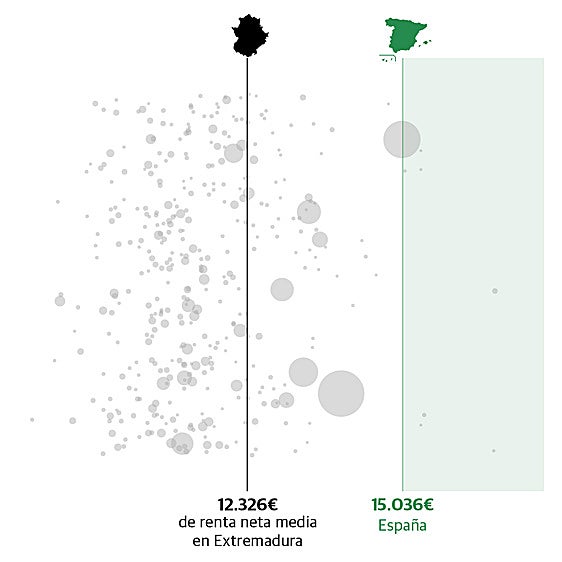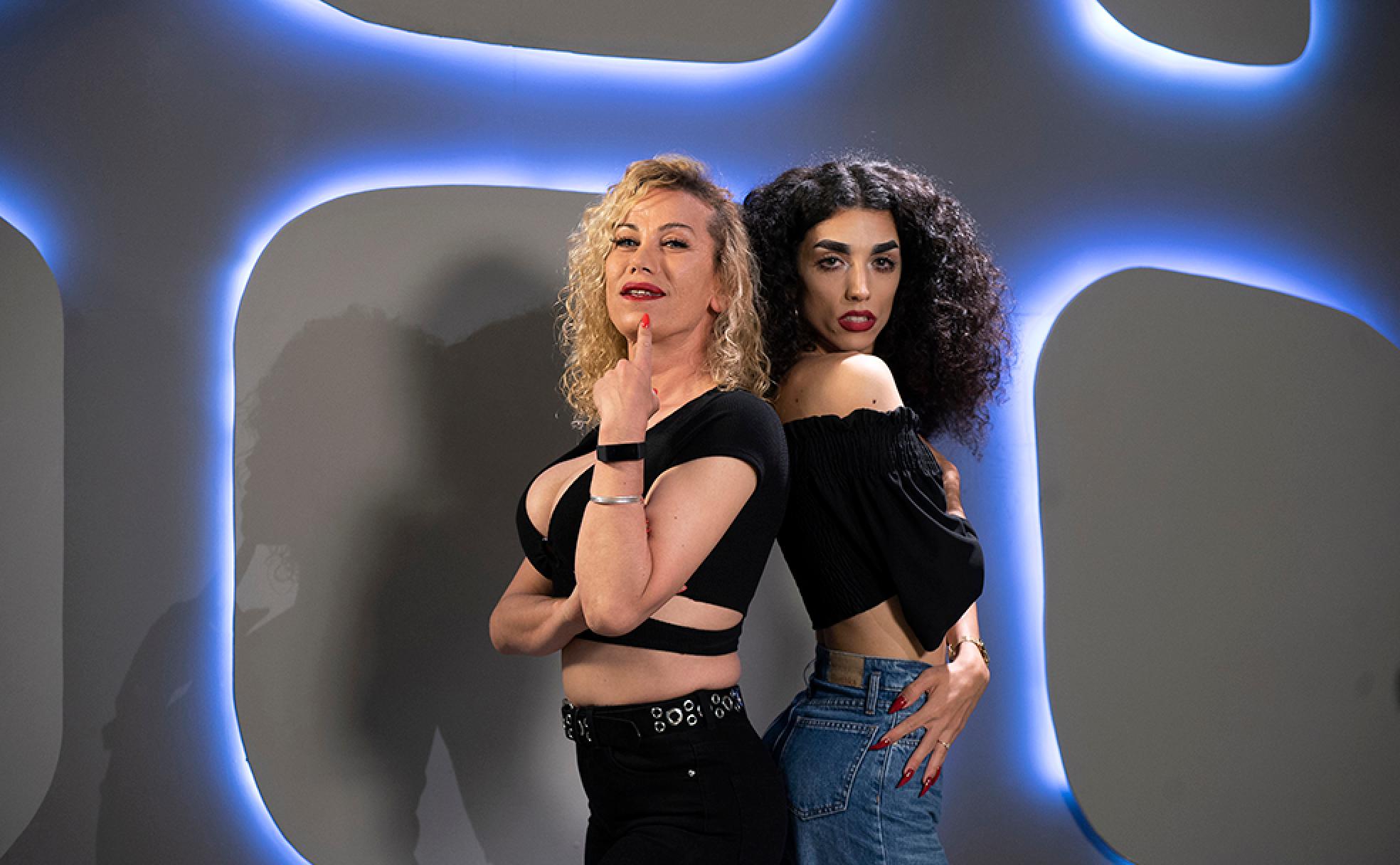These girls are true fighters
Trans women ·
Desiré was born a woman, but in the wrong body. She lived on the streets from the age of 11 to 13, did military service when she was 18 and ten years later got married in white, having undergone surgery and with an ID card that finally reflected who she was. Regina has not made any physical changes; she is happy with her body and knows that she does not need hormones to be a woman. She is happy the way she isThey are only 15 years between then, but they seem to have come from different worlds, such is the difference between their transition stories.
At the age of eleven, Desiré felt that nobody understood her and that life was giving her a rough deal and she was envious of her cousins because they were girls. She also knew she was a girl, but nobody else did. She sat her parents down on her birthday one year and tried to explain to them what was going on: "I wanted to tell them, Dad, Mum, I don't have breasts... but it was hard to come out of the closet then. My father was a chauvinist and he made it clear to me that he’d rather have a junkie for a son than a gay one."
Her parents didn’t accept her and threw her out. She wasn't the only trans child who had ended up on the street. Desiré recalls the years she spent living on the streets and how she resorted to eating out of rubbish bins. "It was a different time. Now I wouldn't change my parents for anything in the world. Like me they were both the victims and executioners of society. I understand that they had the right to mourn, because basically they had lost a son and gained a daughter."
"I had to pull my pants down in front of a judge so that they would change my ID card"
Desiré Rodríguez, 41
Drag Queen and employee in a cleaning firm
When she was 14, Desiré’s father went looking for her and she went with him, thinking that they could sort things out. He enlisted her as a volunteer with the army. It was torture, she said: "They sit you down, they shave your head and I still feel the humiliation when I see photos from that time. They didn't see a woman; they saw the gay guy they laughed at; I was the one they beat up. If you’re gay in the army you have to hide it, like bullfighters. Yes, they were all so macho, but I had as many as I wanted, and more.”
She had started taking hormones when she was living on the street when she found a doctor who secretly gave her the injections for a thousand pesetas. There was no way out of military service, but she was told when she was 18 that she could become a conscientious objector by going to a centre for people with mental illnesses. "There they were much less prejudiced, they showed me love. They didn't judge me.”
She came to Malaga from Mallorca, where she was born and raised. "I can't go back there because it causes me anxiety. Mallorca is an island and in my time transvestites and homosexuals were killed, set on fire or stabbed." She came on holiday with her boyfriend, Paco, fell in love with the city and stayed, leaving bad memories behind and making a fresh start.
She had met Paco when she was 15 years old. "He was the best man in the world and I am what I am thanks to him." At that time he was married, but he left his wife and children, who are older than her and with whom she now has an excellent relationship. On 18 May 2008 she got married in white in the city hall, just as she had dreamed of doing. Just a couple months ago she became a widow.
Transsexuality was still considered an illness until 2018. Getting the rest of the world to see and recognise her as a woman has been a long and difficult battle. Desiré did not have surgery through the public health service because the waiting list was several years long. "I decided to get my nose, forehead, breasts and vagina done privately. After that, it still took me eight years to finish the administrative procedures. I tried at the UTI (the old Carlos Haya Gender Identity Disorders Unit) and they treated you terribly. I was already 'done' and the only thing I needed was a certificate to prove that I had undergone surgery and it took them eight years to give me an ID card.
Someone who did not know you came to evaluate you; no one put themselves in your shoes. They gave me a choice between three names that were 'unisex': Andrea, Africa and another one, I don't even remember. From my generation there are many trans women who are called Andrea. And I said I was Desiré. They wouldn't let me use the name María Desiré, which was what I wanted.
After two operations she started to be able to look at herself in the mirror naked. "Before, I didn't recognise myself, I was disgusted when I looked at myself from the waist down. I said a big goodbye to my old identity when I was on my way to the operating room, telling it ‘you won't bother me anymore or cause me any more pain'."
She still had to go through the humiliation of using an ID card which did not reflect her transition and a small piece of paper saying: please, my name is Desiré Rodríguez. “Nobody took any notice. They looked at me and laughed,” she recalls.
She was told that the certificate from a private gynaecologist was not valid, that she had to go through Social Security, pass a psychiatrist's evaluation and spend two or three years going to a psychologist. "I did it by pulling down my pants in front of a judge here in Malaga. I lifted up my skirt and told him that the issue was very simple: Look, here it is. And to my absolute surprise he said I could spend two days in jail because what I had done was disrespectful, but he signed the documents and few days later they gave me my ID card."
Since then Desiré has had to continue to fight for her rights. "In the world of work are we accepted? Yes and no. Either you are very, very pretty, you have your ID changed and they don't catch you out or they reject you even though you are more qualified than many. I'm still waiting for the day when there’s a trans news reader on the television. That would make it seem more normal.”
She has felt more discriminated against among women than in the male world. "We trans girls sometimes attract a lot of attention. I am outgoing and I like to show off what I have paid for. To that group of feminists who complain about the 'Trans law'... it's always the same, the typical ugly feminist, who has cut her fringe too short and who nobody would touch with a bargepole. Let us live and be happy. Do they debate human rights? So why do we have to debate our transsexuality?"
How can I be a woman?
Regina has experienced her transition in a very different way from Desiré, although she has also faced challenges, not only from society, but also from sections of the trans community.
"Something in me didn't fit, but I was comfortable with my body and it was clear to me that I didn't want to make changes. So I thought: How am I going to be a woman? When Dana International won Eurovision, the first trans woman to do so, I sang her song and my mother corrected me: 'No, that's for gays and people will be unkind. And these are things that influence you.”
She remembers that she was a "very rebellious girl, who got good grades", but she adds, “I was aware that something was wrong with me, although I didn't know how to put words to it. Later, when I grew up, I realised that I explored my femininity through my friends, who I have always been very close to. My closest friends were girls. My mother wanted me to be friends with the boys, but at school, whenever I could, I got together with my girlfriends.”
"If you exclude a woman from your discourse, you cannot consider yourself a feminista, it's hypocritical"
Regina Varanski, 26
She supervises official English exams and works as a drag queen
Regina has had a very different life from Desiré: she went to high school and university. She finished her degree in English Philology and did an Erasmus year in the city of Coventry in the UK. "There I came into contact with a lot of queer people, with ideas about gender that were quite different from the ones I had. Up until then I thought I was non-binary, because I didn't identify with what a trans woman was from the stories I'd heard, which I didn't feel I fitted into."
She had started doing drag in 2016 and felt that when she took off her wig and makeup and dressed 'as a boy' she wasn’t happy. That was “a bit of a shock” for her family. "I went on 'Cámbiame' (‘Change me - a TV show in which they give guests a makeover) to appear in drag, because I wanted to be the most beautiful. My father saw it and things erupted between me and my family.” Two months later she went to England with the Erasmus programme.
On her return, she had changed as had her family. "At that time my mother told my father: either we adapt to the changes or she won’t come back, she is very happy with her boyfriend and she will stay there. I stopped dressing as a boy and came back with earrings, nails, makeup... and I was met with understanding, I couls hardly believe it."
It has always been clear to Regina that she didn't want to start taking hormones. "In this generation we are learning to differentiate between physique and identity. I am happy with my body, with the way it works and I know that that I feel like a woman. Within the trans collective they look at me with suspicion. They say that regardless of what I think, I am not a woman. As far as I am concerned, I was born female. Everyone realises it at different ages and we are all equal."
She understands feminism as a transversal movement. "If you exclude any woman from your discourse, you cannot consider yourself a feminist. It is hypocritical to demand rights when you deny them to other people. They don't want to recognise that they have privileges as cis women that we, unfortunately, don't have."
